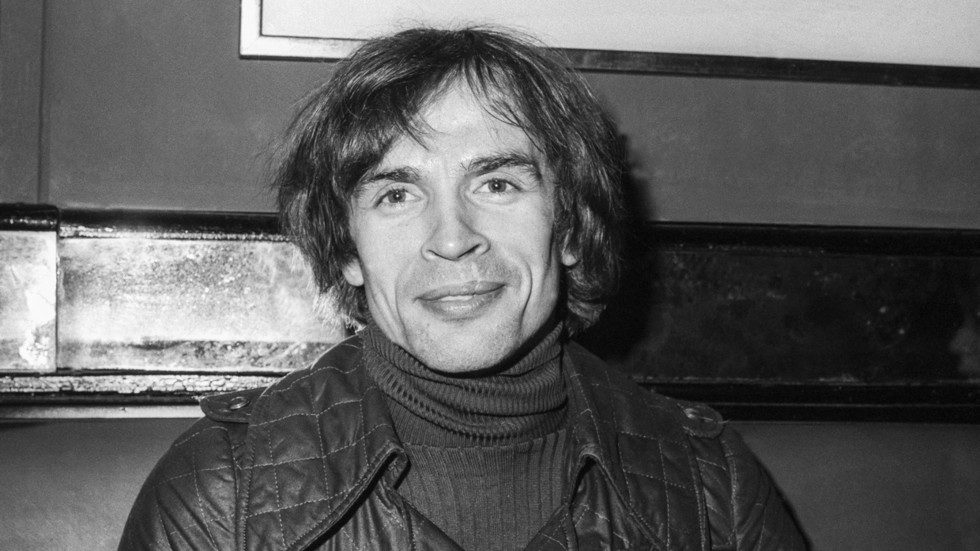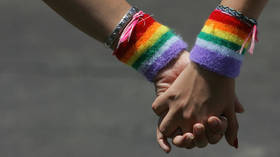
The party accused officials in one region of LGBTQ propaganda over the promotion of the Soviet dancer

Rudolf Nureyev © Getty Images / Linda Vartoogian
Naming streets, museums, colleges and dancing groups after the late Soviet ballet icon Rudolf Nureyev is a violation of Russia’s LGBTQ propaganda laws, members of the Communist Party of the Russian Federation (KPRF) have argued, in a complaint sent to the head of the country’s Republic of Bashkortostan.
According to the lawmakers, following the collapse of the Soviet Union, not a single hero of war, labor or science has had as many honors bestowed upon them as Nureyev, who famously defected from the USSR and was convicted of treason by the Soviet Supreme Court. Nureyev was also known for his non-traditional sexual orientation.
“What sort of example, according to our officials, should be set by the image of this superegoist who was perverted by Western culture, and who never considered Bashkortostan his homeland?” the party’s complaint reads.
The lawmakers went on to state that any celebration of Nureyev, whom they called a “prominent representative of the LGBTQ community,” violated Russia’s anti-LGBT propaganda laws that prohibit the promotion of non-traditional sexual relations through any forms of media, apparently suggesting that all the streets and venues bearing his name should be re-named.
In response, Konstantin Tolkachev, leader of the Bashkortostan Republic – a Muslim-majority region of 4 million people located between the Volga River and the Ural Mountains – said in a Telegram post that he was surprised that in a “difficult hour for the motherland,” referring to the Russia-Ukraine conflict, the Communist Party cannot come up with “anything better than throwing mud at an outstanding person, an integral part of not only the republic’s, but also Russia’s and the world’s culture. A man we are all proud of.”

Read more
Tolkachev noted that the struggle for moral values, to which the KPRF members alluded to, is currently being waged in the conflict zone in Ukraine, and that anyone who “wants to have a say in this” is welcome to volunteer. “Kicking” Nureyev, on the other hand, “doesn’t require much heroism.”
Rudolf Nureyev is widely regarded as one of the greatest male ballet dancers of his generation. He was born in 1938 in Irkutsk. His father and grandfather were from Bashkiria, and his mother was born in Tatarstan. In 1961 while on tour in Paris, he became one of the first defectors among Soviet performing artists after asking for political asylum in France. The Supreme Court of the USSR in turn convicted him of treason and sentenced in absentia to seven years in prison. He died in 1993 in France.




